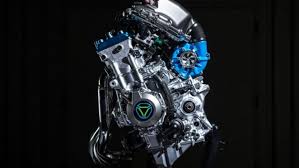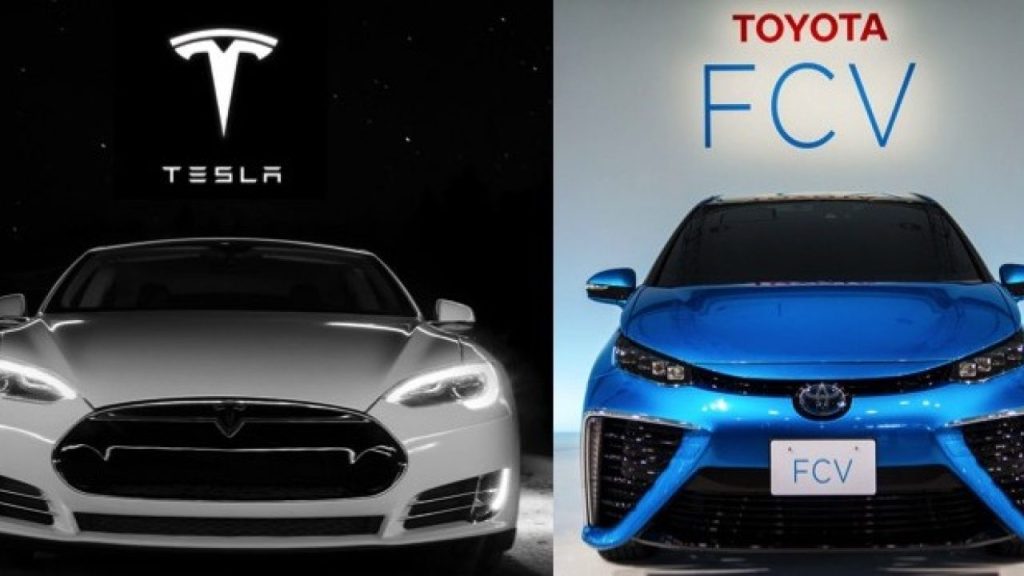
Unfortunately, this is an article that does not need much work. Unless we find an insane quantity of hydrogen buried under the ground somewhere (and it would have to be infinite to really count), the question is, how much electricity does it take to make 1kg of hydrogen and how far can the car drive on it? If this is more than an electric car, then perhaps Norway has a point.
So, it takes around 50kwh to create 1kg of hydrogen, and this can drive a car around 60 miles. Now, this does not take into account, the size of the car, but lets assume it is a relatively big one (most are, given the requirements for hydrogen tanks), and compare this to a large sedan, say the Tesla S.

The picture was one I have used before, so I must have written on a similar subject before. A tesla S gets bewteen 2.6-3.6 miles per kwh (there is no need to do fuel equivalents, as both cars are using electricity. So, for 50kwh, the Toyota Mirai will go 60 miles – but with the Tesla S it will go between 130-180 miles on the same amount of electricity.
Does this not invalidate this discovery? Had we an infinite amount of electricity, people could choose a car which is 2-3 times less efficient. However, if electricity is metered, that will show in the price running the car, meaning than the tesla will be cheaper to run.
Now, it is true that the Tesla S is roughly 50% more expensive, but then the Toyota Mirai is actually closer in size to the Tesla model 3, which starts at just 66% of the price of the Mirai, and travels between 220 and 270 on the same 50kwh.
In other words, which ever way you look at it, it is far better to drive electric than with Hydrogen. This also does not take into account the fact that Hydrogen cars need filling stations, and apart from parts of Germany, France, USA, China and South Korea, there are none (and in many places what is in place is shutting down.











